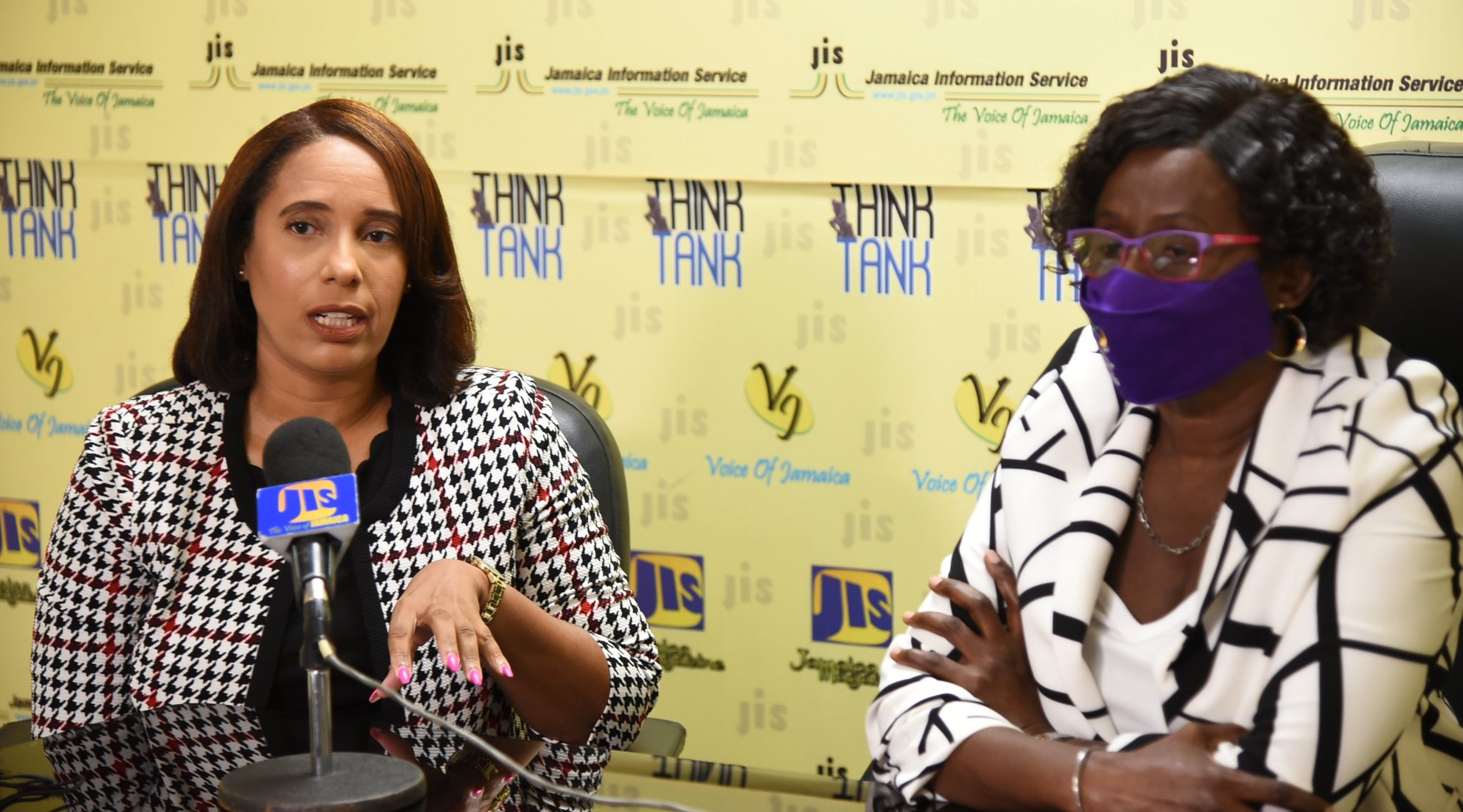Residents In Gated Communities Urged To Facilitate Survey Interviewers
By: , September 7, 2021The Full Story
The National Family Planning Board (NFPB) is appealing to residents in gated communities to facilitate interviewers when they come to conduct the 2021 Reproductive Health Survey (RHS).
The survey is being conducted by the Statistical Institute of Jamaica (STATIN) on behalf of the NFPB.
“I would like to appeal, especially to persons within gated communities, to facilitate our interviewers. We know that it can be difficult to get past the guard at the gate or to get persons to respond,” said Principal Director, NFPB, Lovette Byfield.
She stressed the importance of reaching as wide a cross section of persons as possible, so that persons from every “socio-economic status is involved in the research”.
Ms. Byfield further indicated that interviewers are trained and will have an identification (ID) card.
“We should just ascertain, check on the IDs and then allow them access to the premises as best as possible or allow the interviews to be conducted at the gate,” said Ms. Byfield, adding that interviewers do not have to get into your apartment in order to conduct the interview.
Meanwhile, Head of the Special Projects Unit, Surveys Division at STATIN, Philone Mantock, said that contact is made with Strata Managers once a selected dwelling is located in a gated community.
“So, in-house we will send a letter instructing that our interviewer will need access,” she said, adding that interviewers have specific addresses and in some instances a name of the person to be visited.
She further pointed out that the questionnaire, on average, can be completed in about 30-45 minutes, depending on the age and experience of the respondent.
The RHS is a household survey that will garner information using key indicators such as fertility; contraceptive use; knowledge, attitude, and practice, in relation to sexual reproductive health; childbearing and child-rearing; maternal and childcare; infant and child mortality; sexually transmitted infections; HIV/AIDS and gender-based violence.





